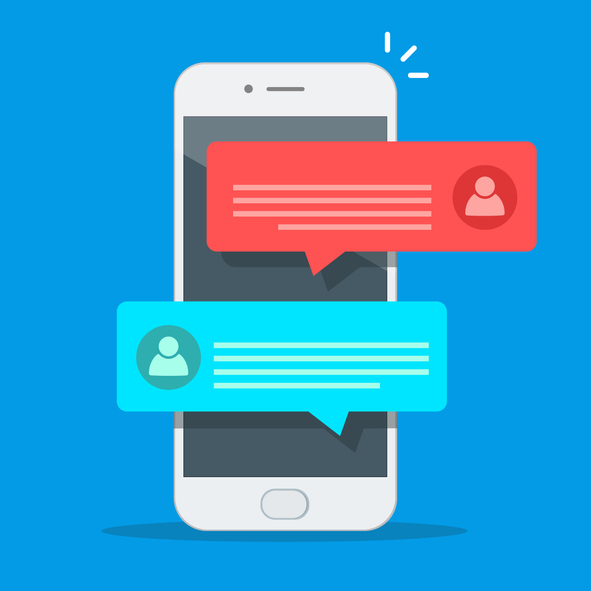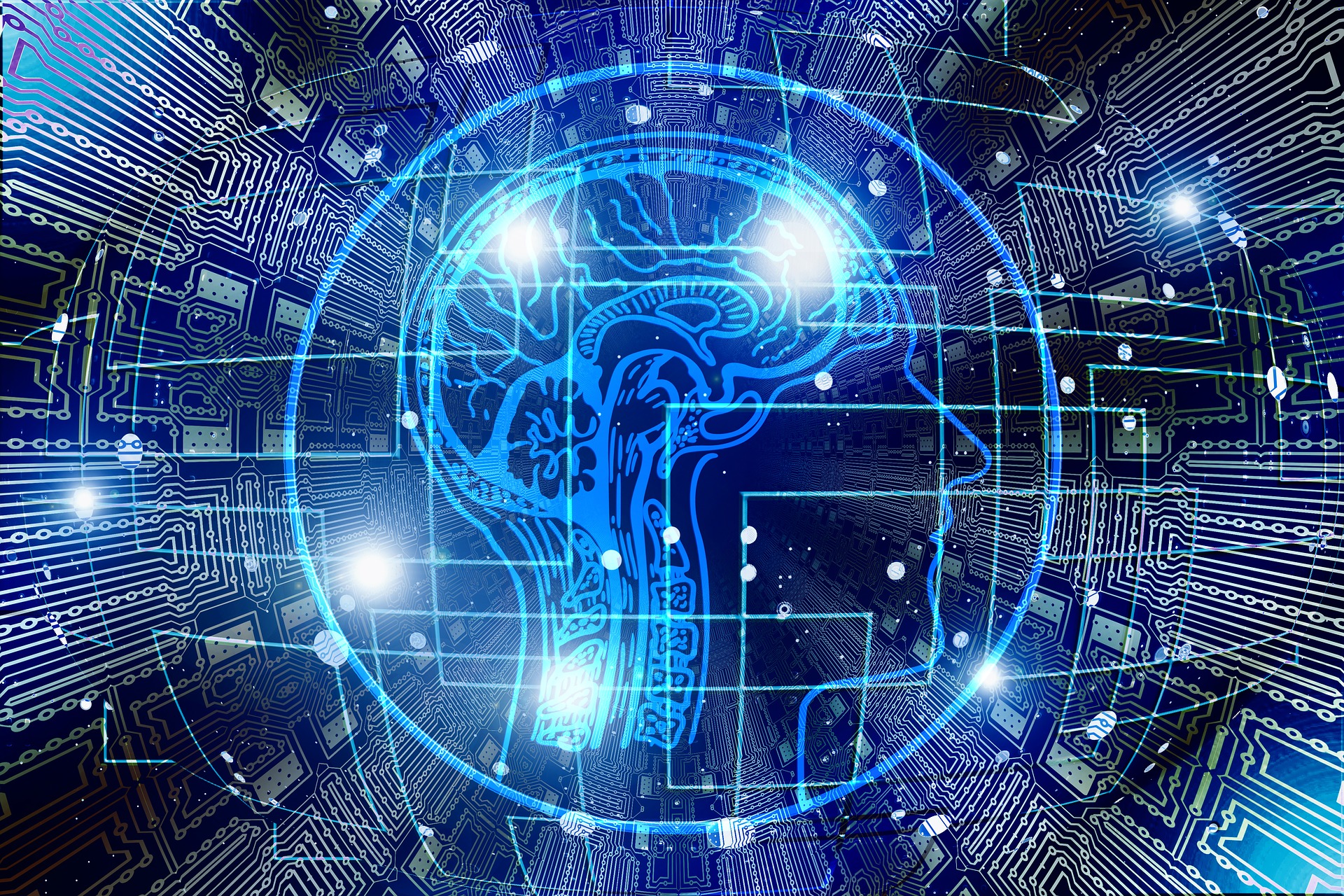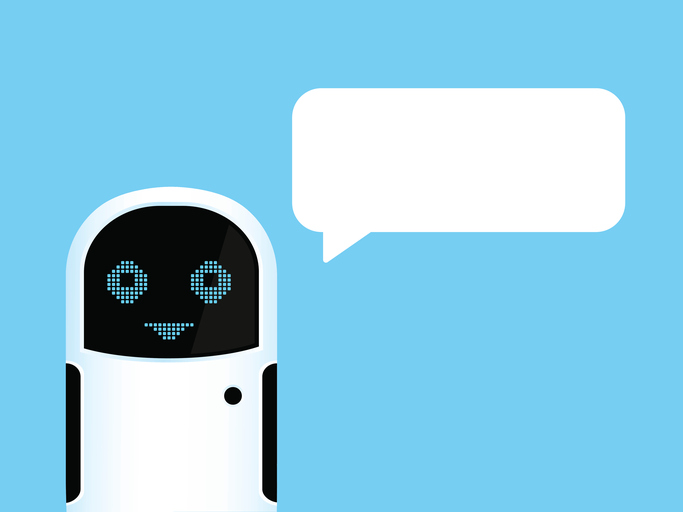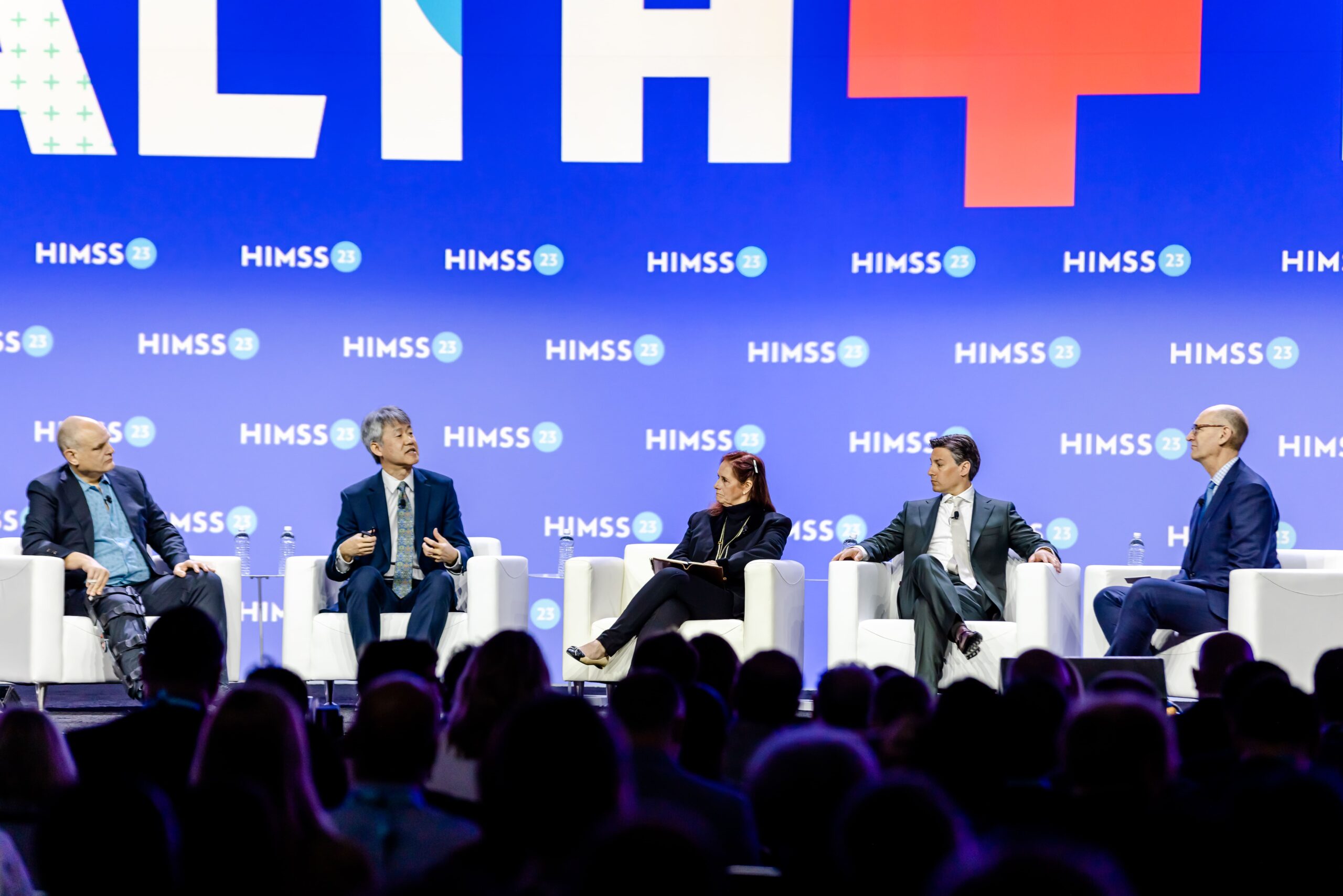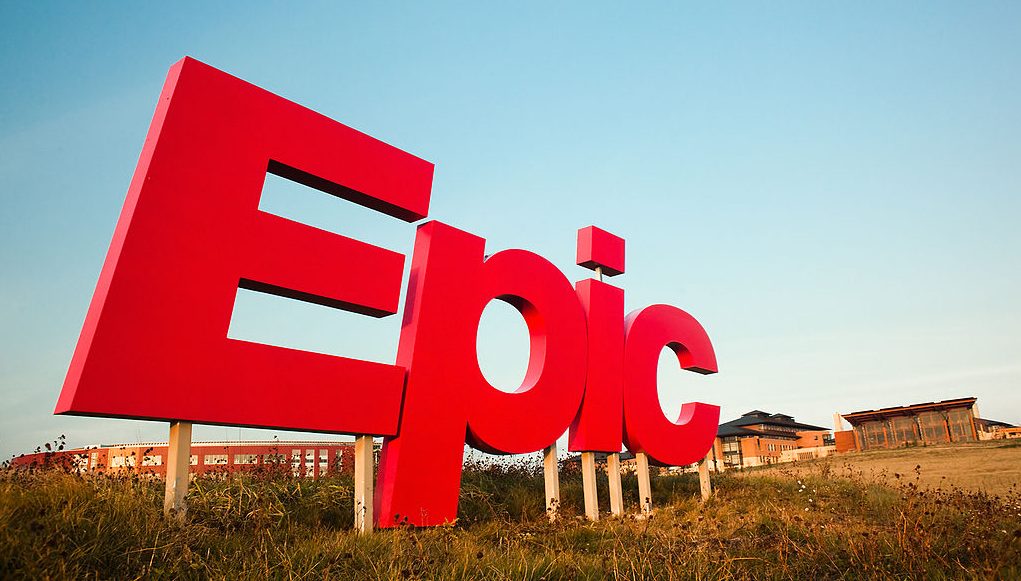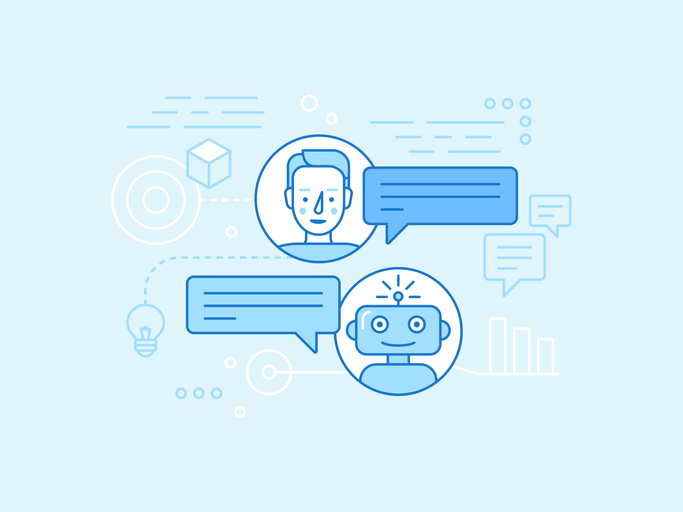
ChatGPT Does a Bad Job of Answering People’s Medication Questions, Study Finds
Researchers recently tested ChatGPT’s ability to answer patient questions about medication, finding that the AI model gave wrong or incomplete answers about 75% of the time. Providers should be wary of the fact that the model does not always give sound medical advice, given many of their patients could be turning to ChatGPT to answer health-related questions.
